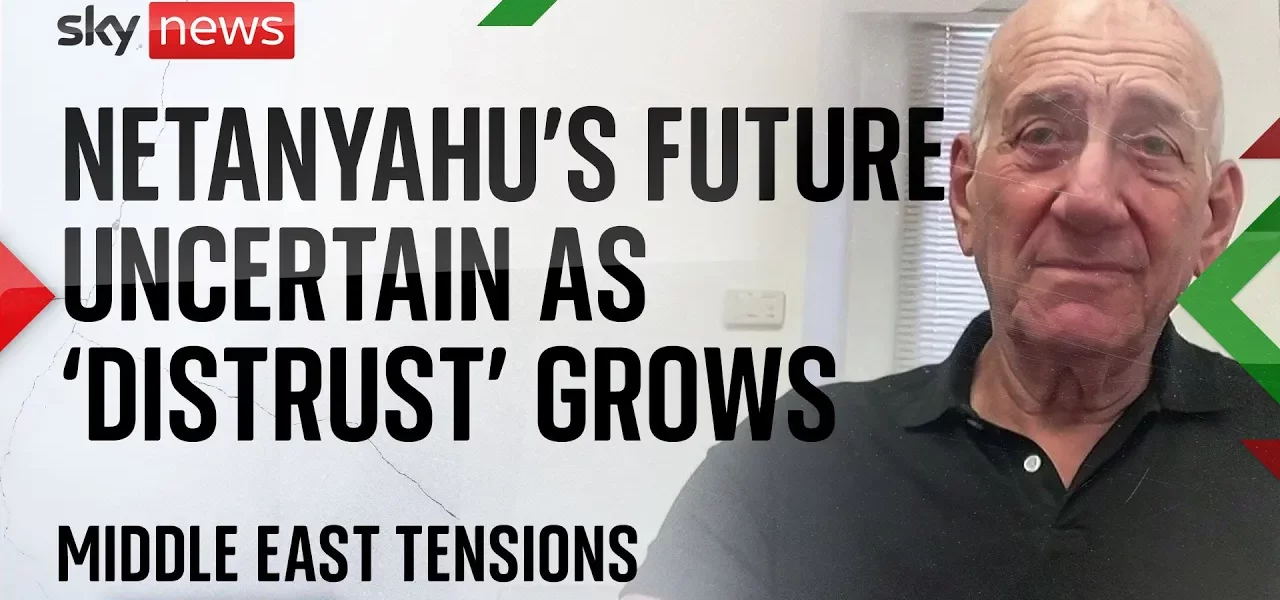Disbanding of the Israeli War Cabinet: Implications and Analysis

This article delves into the significance of the recent dissolution of the Israeli War Cabinet, the factors leading to this decision, and its potential repercussions on Prime Minister Netanyahu’s government and the ongoing military operations. We will explore the political dynamics at play, the implications for a ceasefire, and the overall stability of the Israeli government.
Introduction
The disbanding of the Israeli War Cabinet marks a significant turning point in the Israeli political landscape. This decision comes in the wake of key figures such as former Chief of Staff Benny Gantz and other senior ministers exiting the cabinet, raising questions about the future of Prime Minister Benjamin Netanyahu’s administration. In this article, we will thoroughly examine the context of this development, its expected and unexpected aspects, and how it might impact Israel’s military strategy and political stability.
The Significance of Disbanding the War Cabinet
The dissolution of the War Cabinet holds critical implications for the Israeli government. It signifies a shift in the decision-making process regarding the ongoing military operations and highlights the internal fractures within the coalition.
Key Factors Leading to the Dissolution
- Departure of Senior Ministers: The exit of Gantz and other generals indicates a loss of confidence in the government’s direction.
- Internal Coalition Dynamics: The political maneuvering within the coalition has been fraught with tension, leading to decreased efficacy in governance.
- Public Sentiment: Growing distrust among the populace towards Netanyahu and his administration affects coalition stability.
The Practical Outcome
With the War Cabinet now dissolved, the decision-making power largely rests with Netanyahu and a few remaining members. The absence of influential military leaders from the cabinet could hinder effective strategic planning moving forward.
Netanyahu’s Grip on Power
As the political landscape shifts, the question of Netanyahu’s power becomes paramount. His leadership is now under scrutiny, especially following the departure of prominent figures from his cabinet.
Impact of Departures on Netanyahu’s Authority
- Increased Vulnerability: The loss of key players could weaken Netanyahu’s bargaining power within the coalition.
- Public Protests: Ongoing demonstrations reflect the growing discontent among citizens regarding his administration.
- Coalition Trust Issues: Rekindled distrust among coalition members could lead to further fragmentation.
Forecasting the Future
Political analysts suggest that unless significant changes occur, Netanyahu’s government may face an imminent challenge to its legitimacy. The potential for a government collapse looms larger as internal dissent grows.
The Likelihood of a Ceasefire
The conversation surrounding a ceasefire has gained urgency in light of recent developments. Various factors contribute to the discourse on whether a cessation of hostilities is feasible.
Factors Affecting Ceasefire Prospects
- Military Operations: The ongoing military operations and their toll on both Israeli soldiers and civilians are critical in assessing the need for a ceasefire.
- International Relations: Israel’s standing in the international community is increasingly precarious, with diplomatic pressures mounting for a resolution.
- Public Opinion: The desire among the populace for a resolution to the conflict may push for negotiations toward a ceasefire.
Government Resistance to Ceasefire
Despite the pressures, Netanyahu’s administration appears reluctant to pursue a ceasefire, fearing that it could exacerbate the political crisis. This attitude may not be sustainable in the face of growing public demand for peace.
Conclusion
The disbanding of the Israeli War Cabinet is a pivotal moment in the current political climate, reflecting deep-seated issues within Netanyahu’s government. As public dissatisfaction grows and key military figures exit the coalition, the future of both the government and the ongoing military operations hangs in the balance. The potential for a ceasefire is increasingly likely but remains complicated by political dynamics. It is crucial for observers to stay informed about these developments, as they will undoubtedly shape the future of Israel and its governance.
For more insights on Israeli politics and international relations, be sure to check out our related articles on Israeli Political Analysis and Israel’s International Relations.
“`




